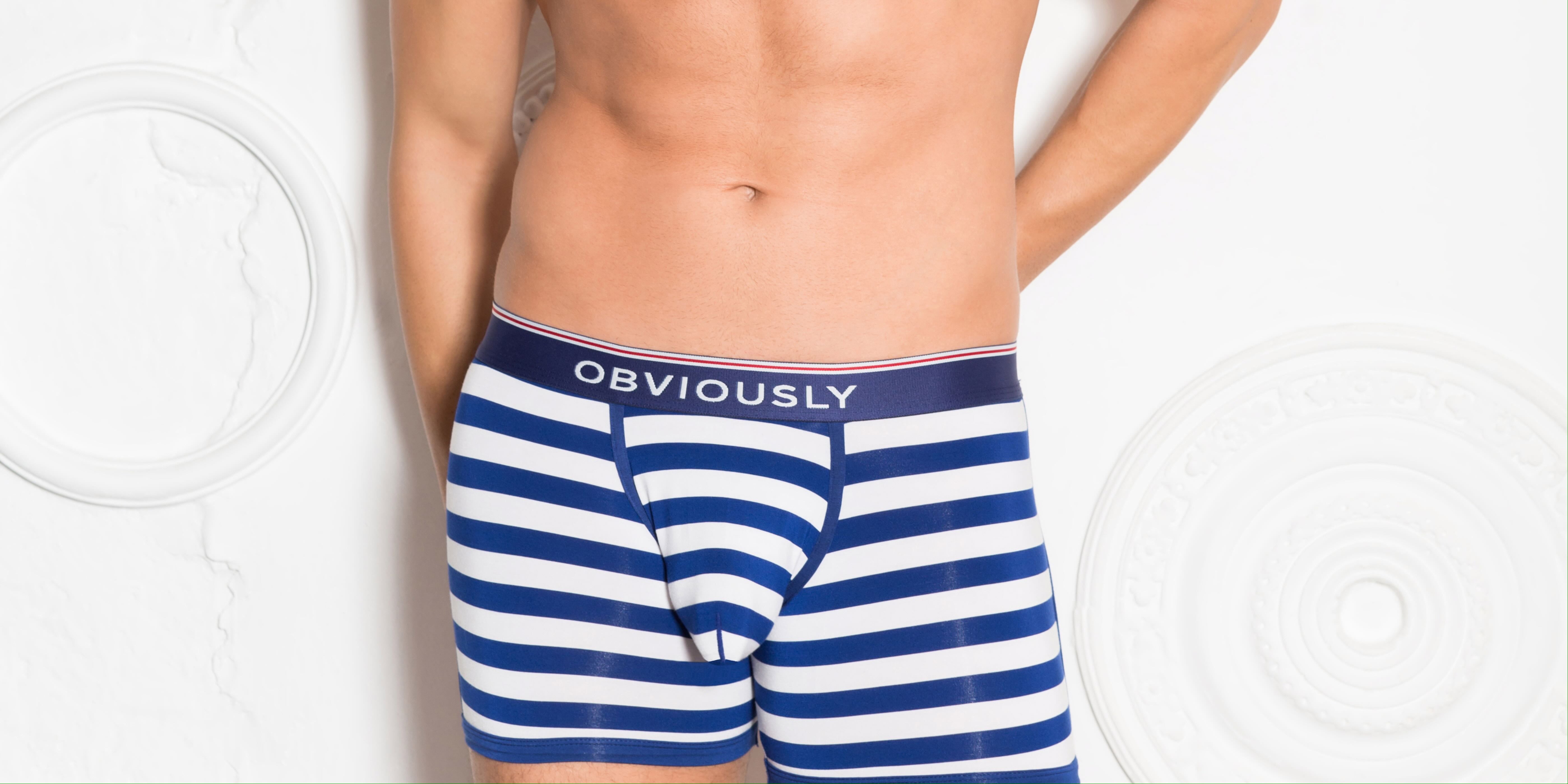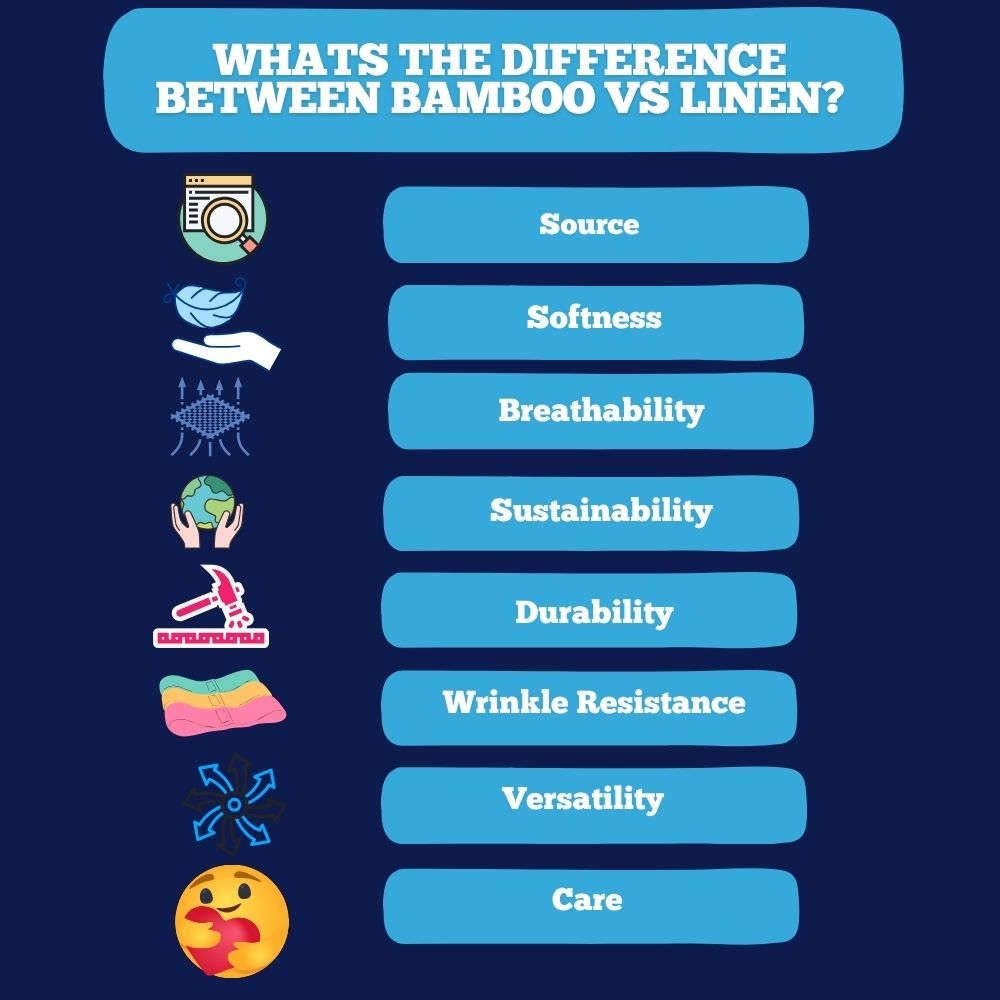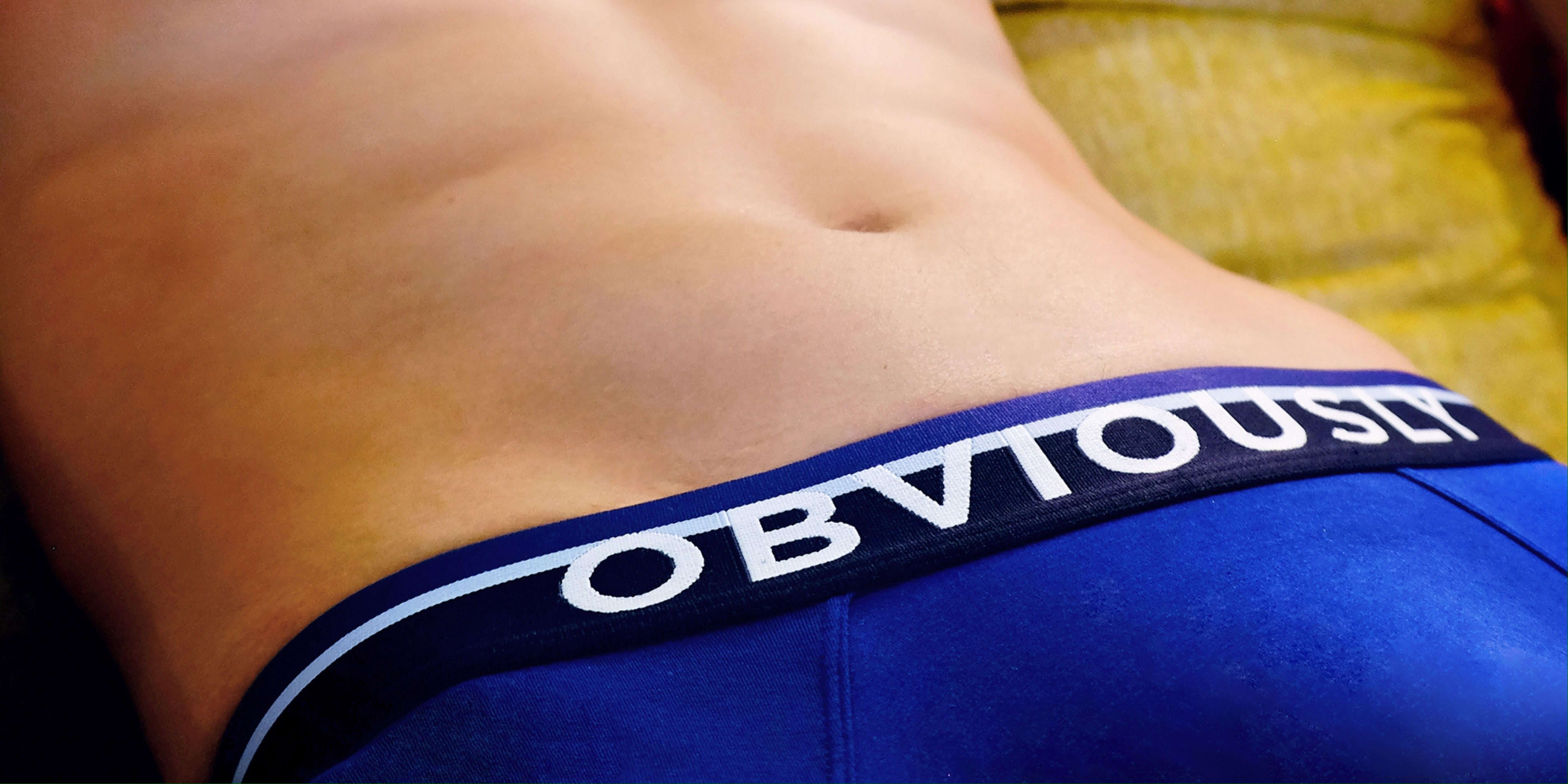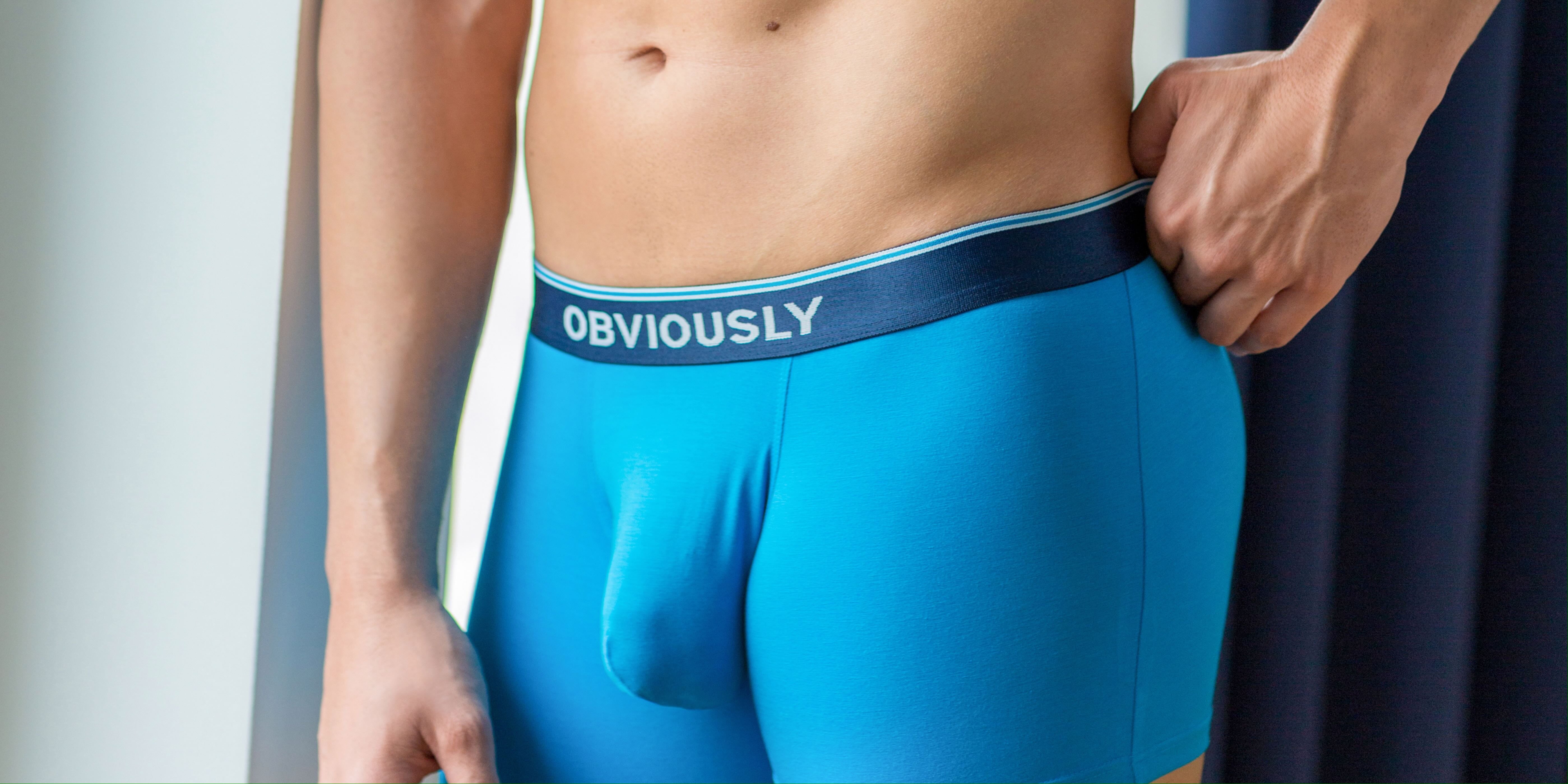
Bamboo vs Linen: Which Is Better?
Are you torn between bamboo and linen fabrics? In this comprehensive guide, we will compare these two popular materials, leaving no stone unturned. From their origins and production processes to their durability and eco-friendliness, we'll cover it all. Whether you're a fashion enthusiast or a conscious consumer, this article will equip you with the knowledge you need to make a confident choice between bamboo and linen.
What Is Linen?
Linen is a natural fabric made from the fibers of the flax plant. It has been used for centuries due to its exceptional qualities. Linen is known for its breathability, moisture-wicking properties, and durability. It is highly absorbent, making it a popular choice for warm weather clothing and bedding. Linen fabric has a distinctive texture and a natural luster, giving it a timeless and elegant appearance. Additionally, linen is environmentally friendly as it requires less water and pesticides to grow compared to other crops. Overall, linen is a versatile and sustainable fabric that offers both comfort and style.
Whats The Difference Between Bamboo vs Linen?
Here are the key differences between bamboo and linen:
- Source: Bamboo is derived from the bamboo plant, while linen is made from the fibers of the flax plant.
- Softness: Bamboo fabric is known for its exceptional softness, often compared to silk or cashmere. Linen, on the other hand, has a slightly rougher texture but becomes softer with each wash.
- Breathability: Bamboo fabric is highly breathable and has excellent moisture-wicking properties, making it ideal for hot and humid climates. Linen is also breathable and allows air to circulate, providing a cool and comfortable feel.
- Sustainability: Bamboo is considered a highly sustainable material as it grows rapidly and requires minimal water and pesticides. Flax, the plant used to make linen, is also eco-friendly, as it requires fewer resources compared to other crops.
- Durability: Bamboo fabric is known for its strength and durability, making it resistant to wear and tear. Linen is also a durable fabric that can withstand frequent use and washing.
- Wrinkle Resistance: Bamboo fabric has natural wrinkle-resistant properties, meaning it tends to stay smooth and crease-free. Linen, on the other hand, is prone to wrinkling, but this is often seen as part of its natural charm.
- Versatility: Bamboo fabric is versatile and can be used for a wide range of products, including clothing, bedding, and towels. Linen is also versatile and is commonly used for clothing, home textiles, and even upholstery.
- Care: Bamboo fabric is relatively low-maintenance and can be machine-washed and dried. Linen requires a bit more care, often needing to be washed in cooler temperatures and air-dried to maintain its quality.
Overall, bamboo and linen have their unique qualities and benefits, making them suitable for different preferences and purposes.

Common Household and Clothing Items Made From Bamboo
Bamboo Sheets and Bedding
Bamboo is a popular choice for bed sheets due to its soft, breathable, and moisture-wicking properties. Bamboo bed sheets, pillowcases, and duvet covers offer a luxurious and comfortable sleep experience. They are hypoallergenic, resistant to odors, and naturally antimicrobial, making them ideal for those with sensitive skin or allergies.
Bamboo Towels
Bamboo towels are highly absorbent and known for their plush and velvety texture. They are gentle on the skin and have excellent moisture-wicking abilities, allowing them to dry quickly. Bamboo towels are also naturally antibacterial, making them a hygienic choice for bath and hand towels.
Bamboo Clothing
Bamboo fabric is used to make a variety of clothing items, including t-shirts, leggings, socks, and underwear. Bamboo clothing is prized for its softness, breathability, and temperature-regulating properties. It is often blended with other materials like micro modal or lycra to enhance its durability and stretch.
Bamboo Kitchenware
Bamboo is a sustainable alternative to traditional kitchenware materials. Bamboo cutting boards, utensils, and bowls are lightweight, durable, and naturally antimicrobial. They are gentle on knives, easy to clean, and add a touch of natural beauty to any kitchen.
Bamboo Flooring
Bamboo flooring is an eco-friendly and stylish option for homes. It is durable, easy to maintain, and available in various colors and finishes. Bamboo flooring is known for its natural beauty and can add a touch of elegance to any room.
Bamboo Furniture
Bamboo furniture is lightweight, sturdy, and environmentally friendly. It can be used both indoors and outdoors and is often crafted into chairs, tables, and shelves. Bamboo furniture adds a unique and natural aesthetic to any living space.
Bamboo Blinds and Shades
Bamboo blinds and shades are a popular choice for window coverings. They provide privacy, filter natural light, and add a touch of warmth and texture to a room. Bamboo blinds are available in various styles and can complement a wide range of interior designs.
Bamboo's versatility and sustainable nature make it a sought-after material for a wide range of household and clothing items. Whether you're looking for comfort in bedding and clothing or eco-friendly options for your kitchen and home decor, bamboo offers a natural and stylish solution.
Is Bamboo Softer Than Linen?
Yes, bamboo is generally considered to be softer than linen. Bamboo fabric has a luxurious and silky feel, often compared to the softness of silk or cashmere. It has a smooth texture that is gentle on the skin, making it a comfortable choice for clothing and bedding. On the other hand, linen has a slightly rougher texture, especially when it is new. However, linen becomes soft and more supple with each wash and use, gaining a unique and desirable softness over time. While both bamboo and linen have their own distinct textures, bamboo is often favored for its initial softness and luxurious feel.
Are Linen Sheets Better Than Bamboo Sheets?
The question of whether linen sheets and linen bedding are better than bamboo sheets ultimately depends on personal preference and specific needs. Linen sheets have their own unique qualities that make them highly desirable. Linen sheets offer a cool and comfortable sleep experience, making them ideal for warm climates or individuals who tend to sleep hot. Linen sheets have a natural texture and a timeless elegance that adds a touch of luxury to any bedroom.
However, bamboo sheets also have their advantages. Bamboo fabric is incredibly soft, hypoallergenic, and has excellent moisture-wicking abilities. Bamboo sheets are known for their silky smoothness and are often compared to the softness of silk or cashmere. They are also highly breathable and can regulate body temperature effectively.
Are Both Bamboo and Linen Considered Natural Fibers?
Yes, both bamboo and linen are considered natural fibers. Bamboo is derived from the bamboo plant, which is a fast-growing and renewable resource. The fibers are extracted from the bamboo stalks and processed into fabric. Linen, on the other hand, is made from the fibers of the flax plant. Flax is also a natural and sustainable crop that requires minimal water and pesticides to grow. The fibers are extracted from the flax plant and woven into linen fabric. Both bamboo and linen are prized for their eco-friendly nature, as they are derived from renewable plant sources and have minimal impact on the environment compared to synthetic fibers.
What's Better For Underwear Bamboo vs Linen?
Bamboo is an excellent choice for underwear due to its exceptional softness, breathability, and moisture-wicking properties. Bamboo fabric is incredibly soft and often compared to the luxurious feel of silk or cashmere. It is gentle on the skin, making it comfortable for all-day wear. Bamboo is highly breathable, allowing air to circulate and keeping you cool and dry. It also has natural moisture-wicking abilities, effectively absorbing and evaporating sweat, which helps to prevent odor and keep you feeling fresh. Additionally, bamboo fabric is hypoallergenic and naturally antimicrobial, making it a suitable option for those with sensitive skin or allergies. Overall, bamboo underwear offers a combination of comfort, breathability, and hygiene, making it a popular choice for many.
Conclusion
In conclusion, both bamboo and linen have their unique qualities and benefits, making them excellent choices for various applications. Bamboo offers exceptional softness, breathability, and moisture-wicking properties, making it ideal for clothing, bedding, and towels. It is also highly sustainable and eco-friendly. On the other hand, linen is known for its durability, breathability, and timeless elegance. It is a natural and renewable fiber that becomes softer and more supple over time. Ultimately, the choice between bamboo and linen depends on personal preferences, specific needs, and the desired characteristics for the intended use. Whether you prioritize softness, breathability, sustainability, or a combination of factors, both bamboo and linen offer natural fiber options that can enhance your comfort and style.
Final Thoughts
Uncover a world of unmatched comfort with Obviously Apparel. We are dedicated to providing excellence in every aspect of our underwear, starting from the handpicked bamboo and micromodal fabrics to the thoughtful design that caters to your every requirement. Whether you have a busy lifestyle or engage in intense workouts, our opulent underwear guarantees an experience of pure indulgence. Embrace Obviously Apparel and immerse yourself in a lifetime of unparalleled comfort and refined elegance.
Sources




